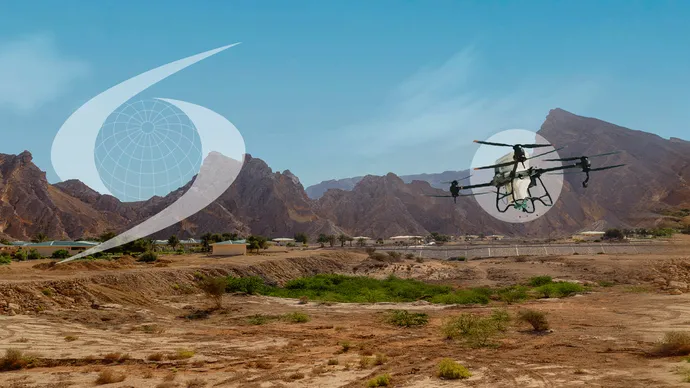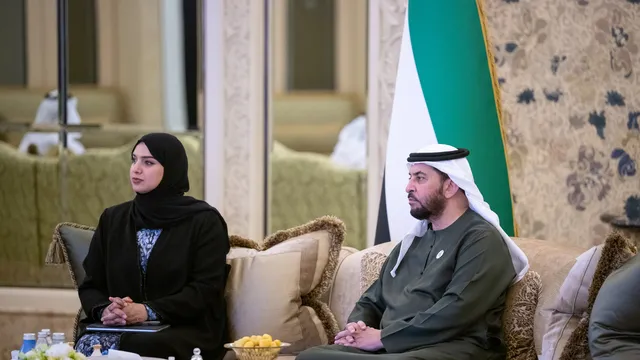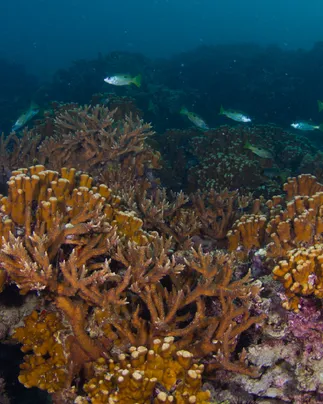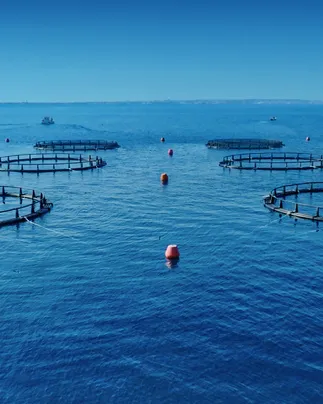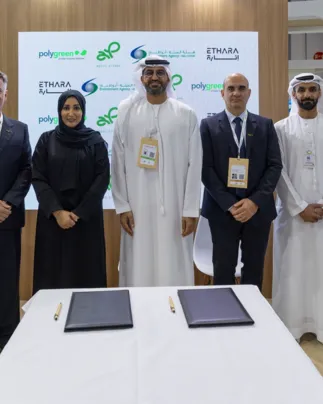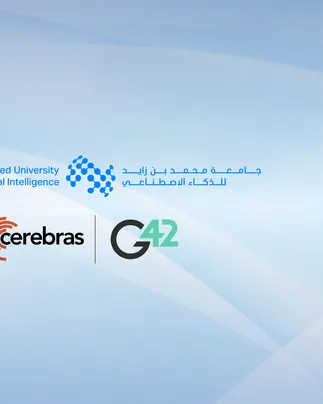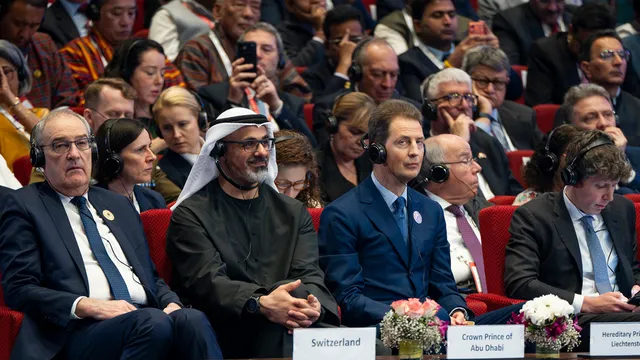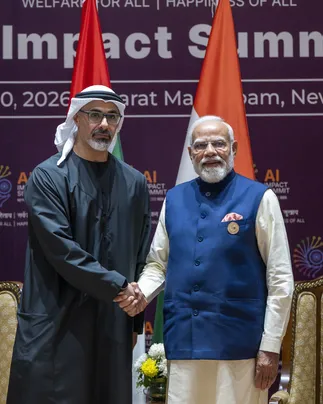Environment Agency – Abu Dhabi (EAD) has completed its 2025 native seed dispersal programme in nature reserves. The initiative, conducted in partnership with UK-based environmental restoration company Dendra, used custom-designed drones to carry out aerial seeding.
The agency continues to advance its drone-based seeding programme through the expertise of a dedicated team comprising seasoned professionals and promising young Emirati talent. The team carries out comprehensive studies and precise assessments of vegetation cover within the targeted reserves, taking into account soil characteristics and their suitability for the native plant species selected under the programme.
Ahmed Al Hashmi, Executive Director of the Terrestrial and Marine Biodiversity Sector at EAD, said: “We successfully implemented one of the largest drone-based seeding operations ever undertaken in Abu Dhabi, within a notably short timeframe. This achievement is in line with Abu Dhabi’s Climate Change Strategy and covered a total of 320 hectares of habitat, many of which were seeded for the first time.
“This initiative underscores the agency’s commitment to harnessing advanced artificial intelligence tools in support of environmental sustainability and reflects our leadership’s ongoing vision to safeguard natural ecosystems through the integration of innovation and technology in pursuit of the UN’s Sustainable Development Goals.”
A total of 6.5 million seeds from native species were dispersed, including Samar (Vachellia tortilis), Moringa (Moringa peregrina), Rumex (Rumex limoniastrum), Cleome )Cleome pallida(, Desert cotton (Aerva javanica) and Panicum (Panicum turgidum) in the mountainous slopes and wadi habitats of Jebel Hafit National Park.
As for the Sand dunes ecosystems of Qasr Al Sarab Nature Reserve, seeds of Fire Bush (Calligonum polygonoides), Rimth (Haloxylon salicornicum), Tricholaena (Tricholaena teneriffae), Panicum (Panicum turgidum), and Agriophyllum (Agriophyllum minus) were distributed.
The use of drones enables the agency to cover extensive areas in significantly less time compared to traditional manual seeding methods. This technology also facilitates operations in remote and difficult-to-access terrain without the need for vehicles, thereby reducing environmental disturbance to fragile ecosystems.
Seeding marks only the beginning of the process. EAD will continue to monitor the designated areas to assess vegetation response over time, employing AI-powered sensors and advanced monitoring technologies to track the growth of shrubs and native plants.
This initiative builds upon the natural rangeland study programmes launched by the agency in 2024 and are continuing into 2025. These efforts aim to establish a comprehensive, field-based assessment of current vegetation conditions, serving as a benchmark for evaluating the effectiveness of grazing regulations and other environmental management measures across Abu Dhabi.


